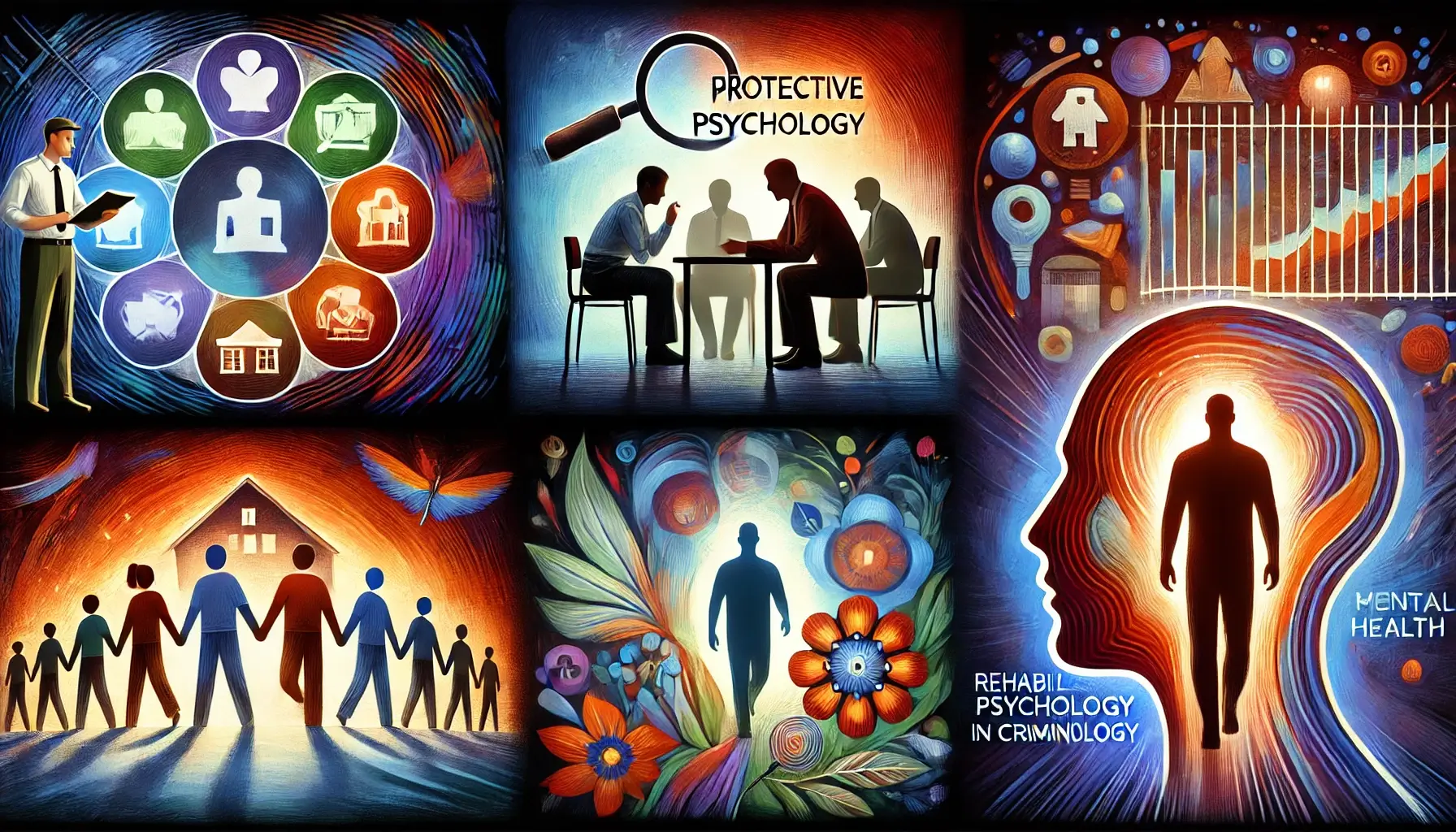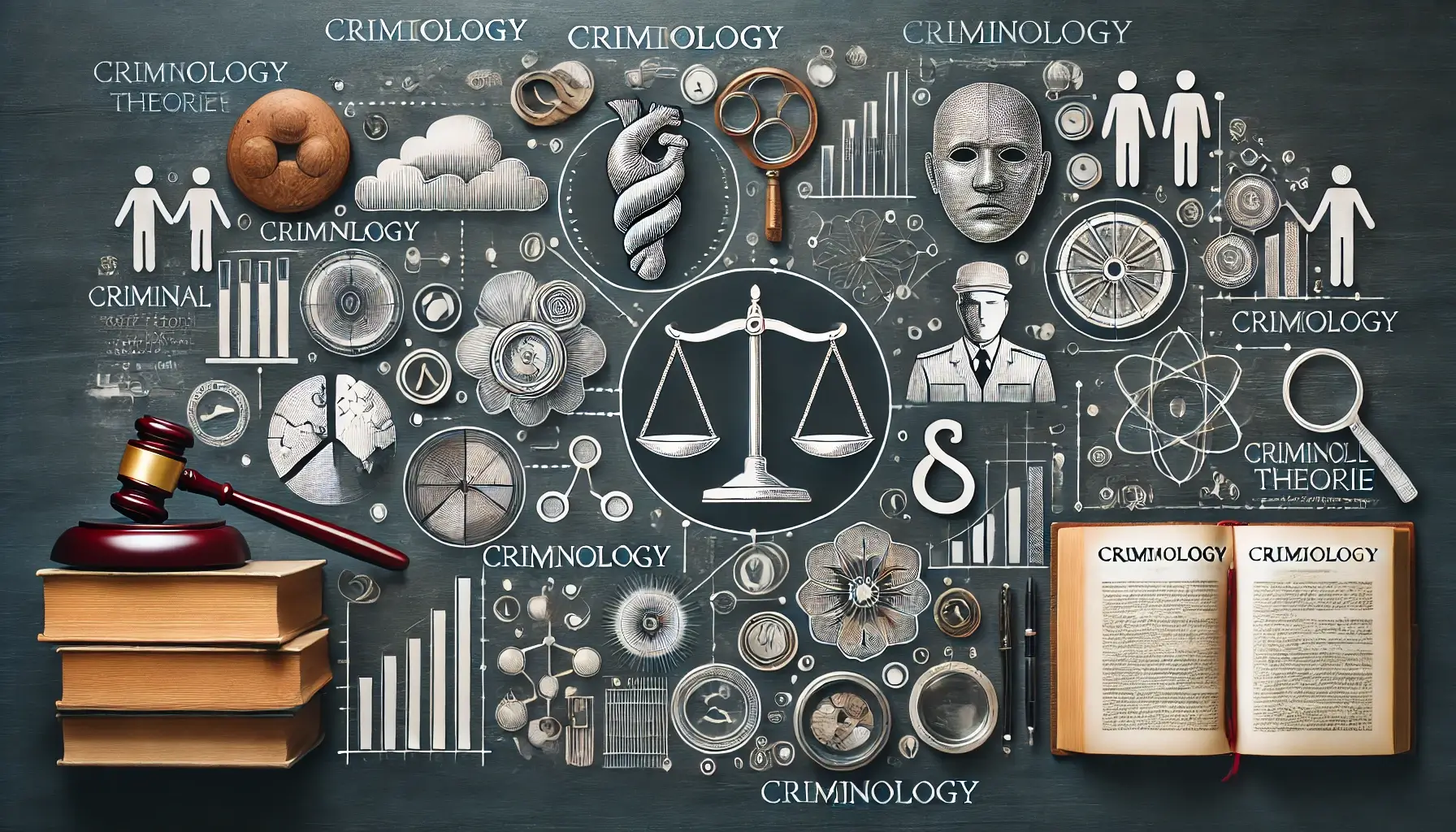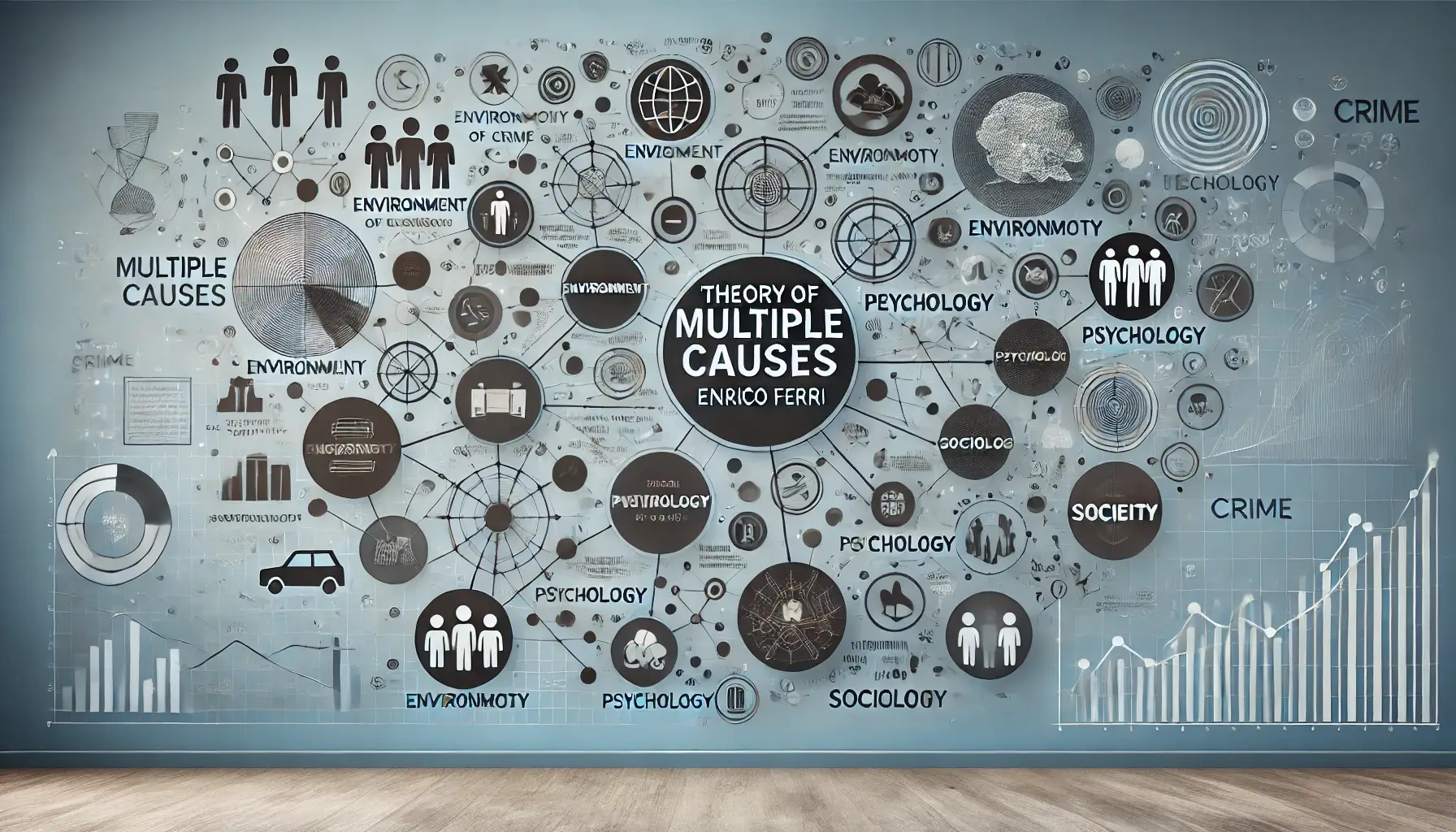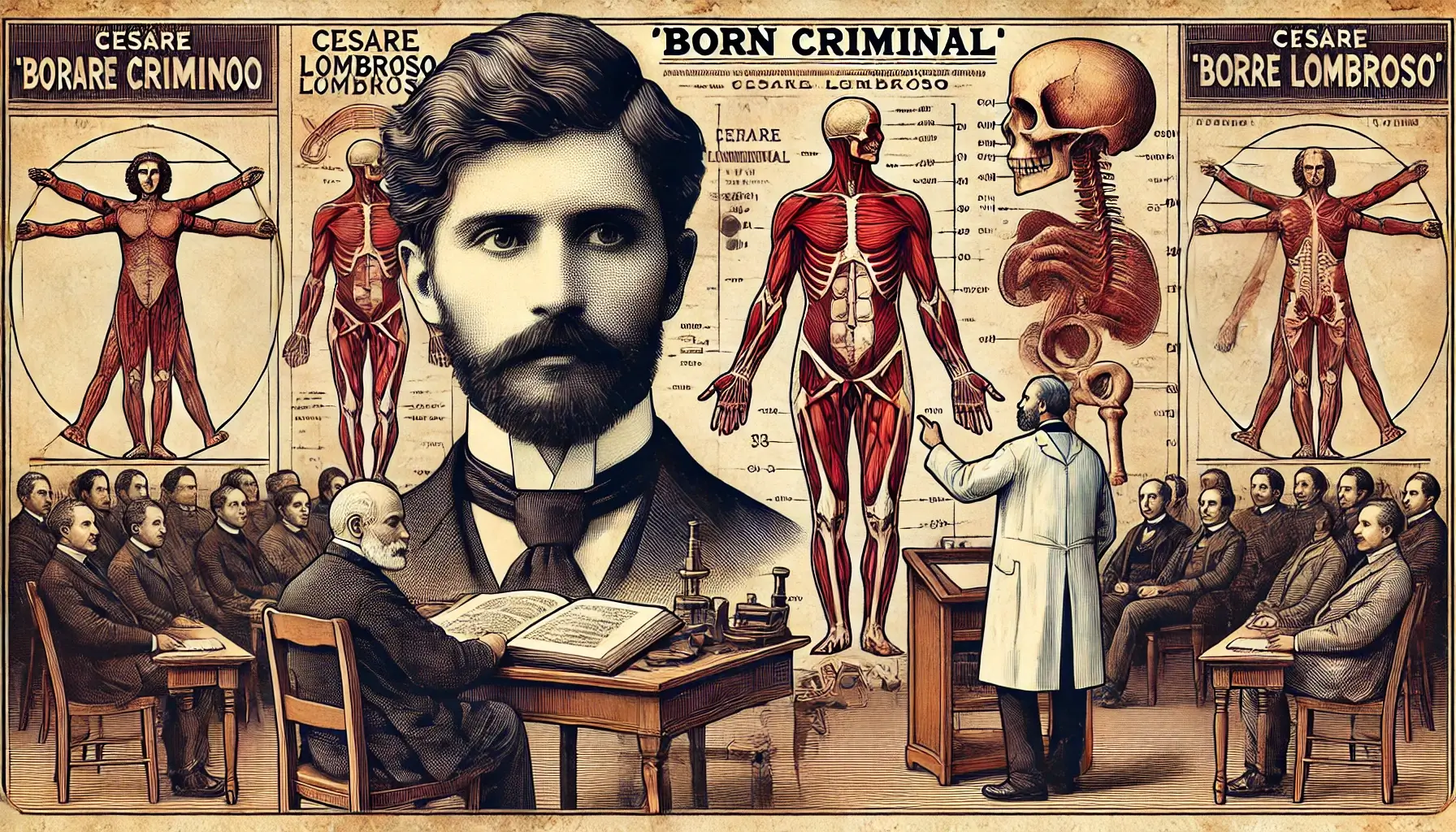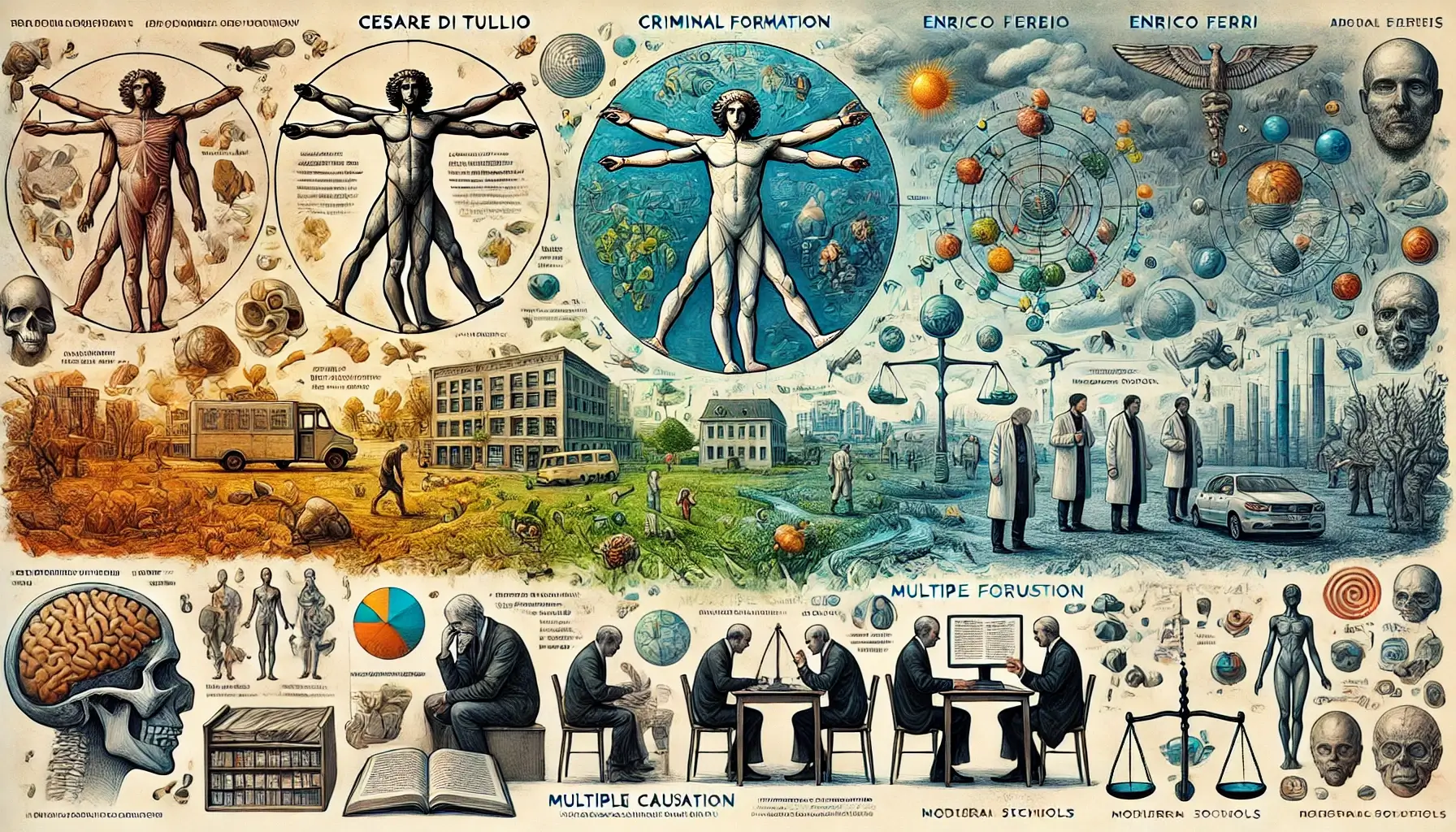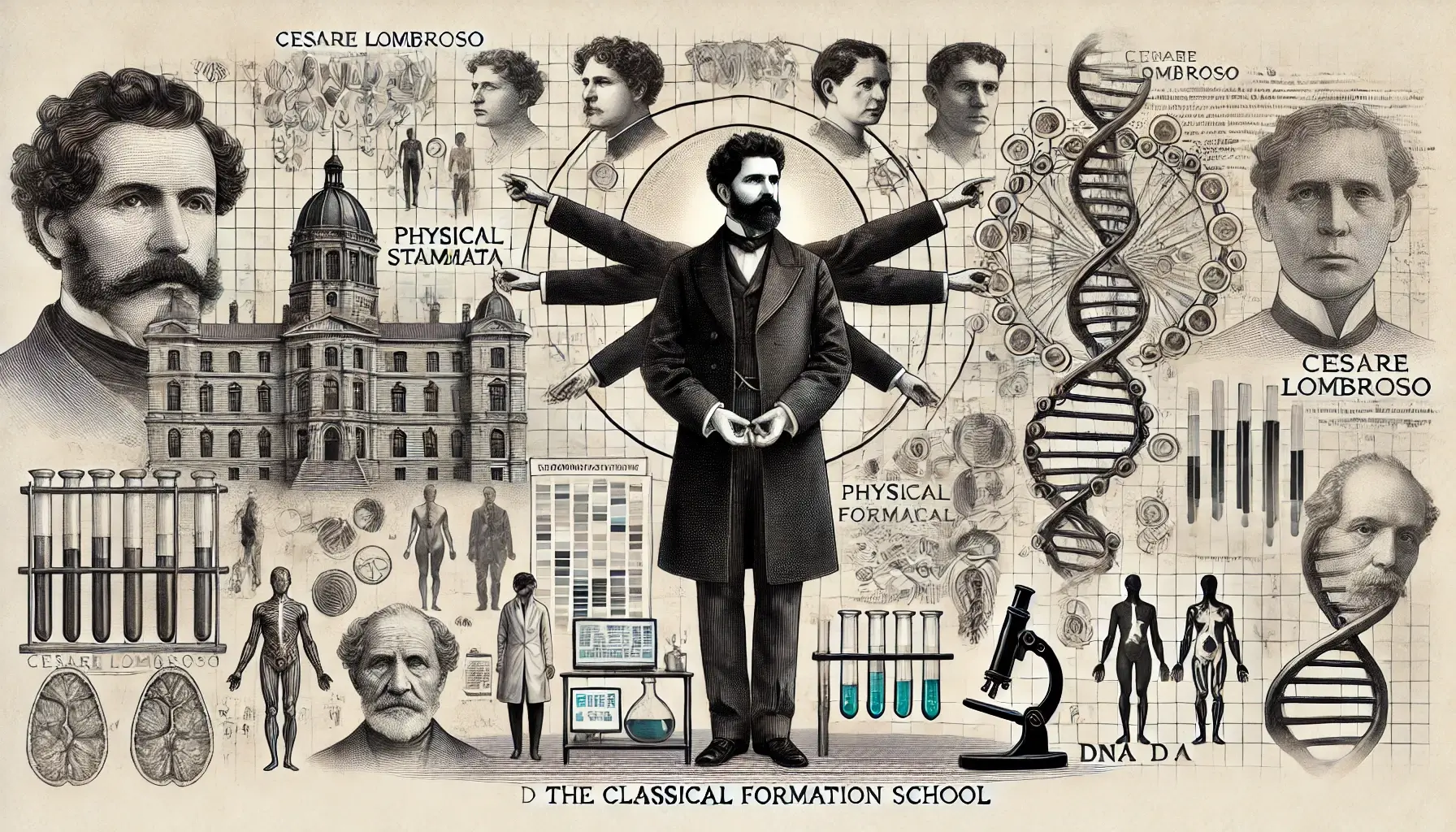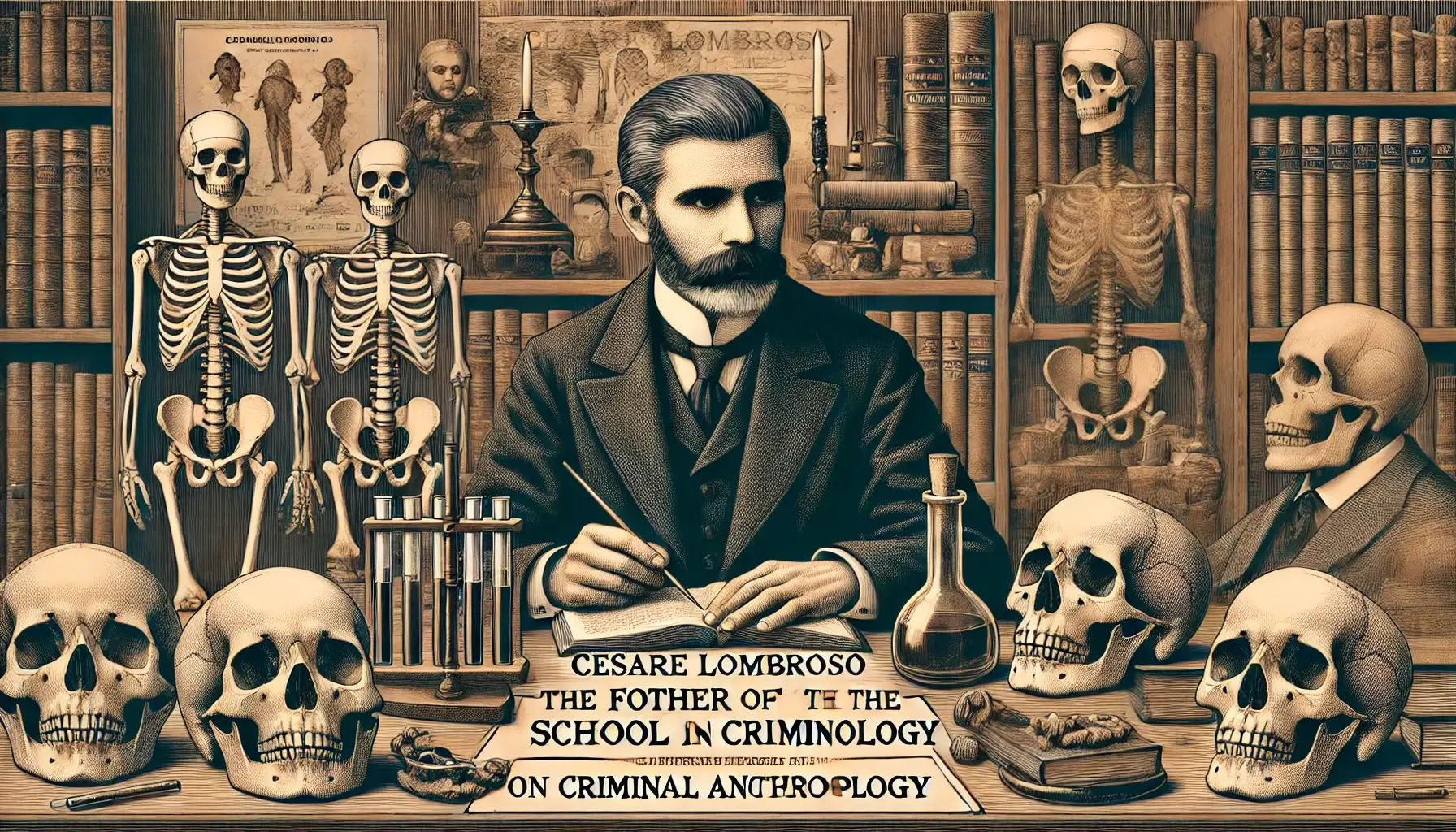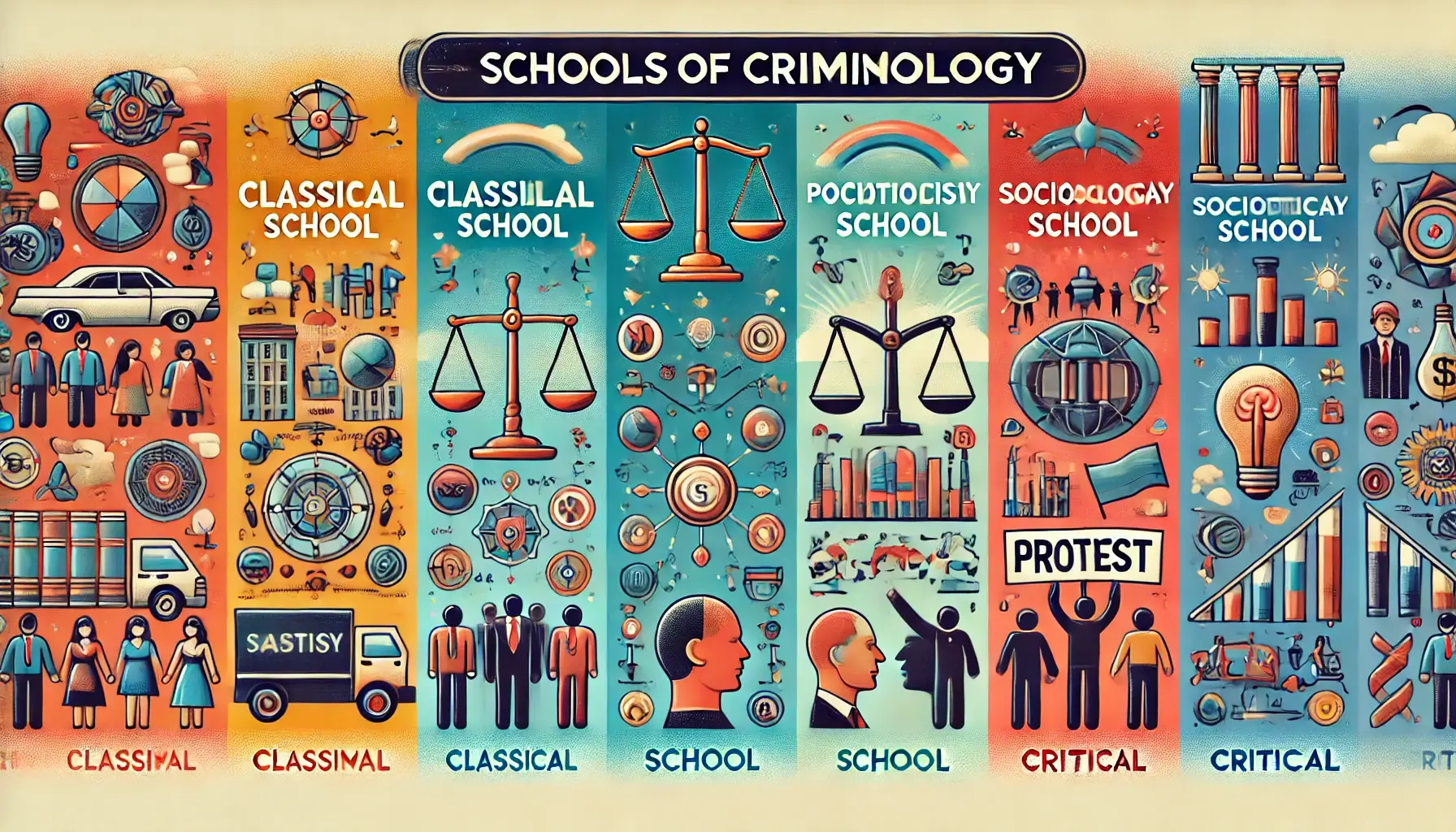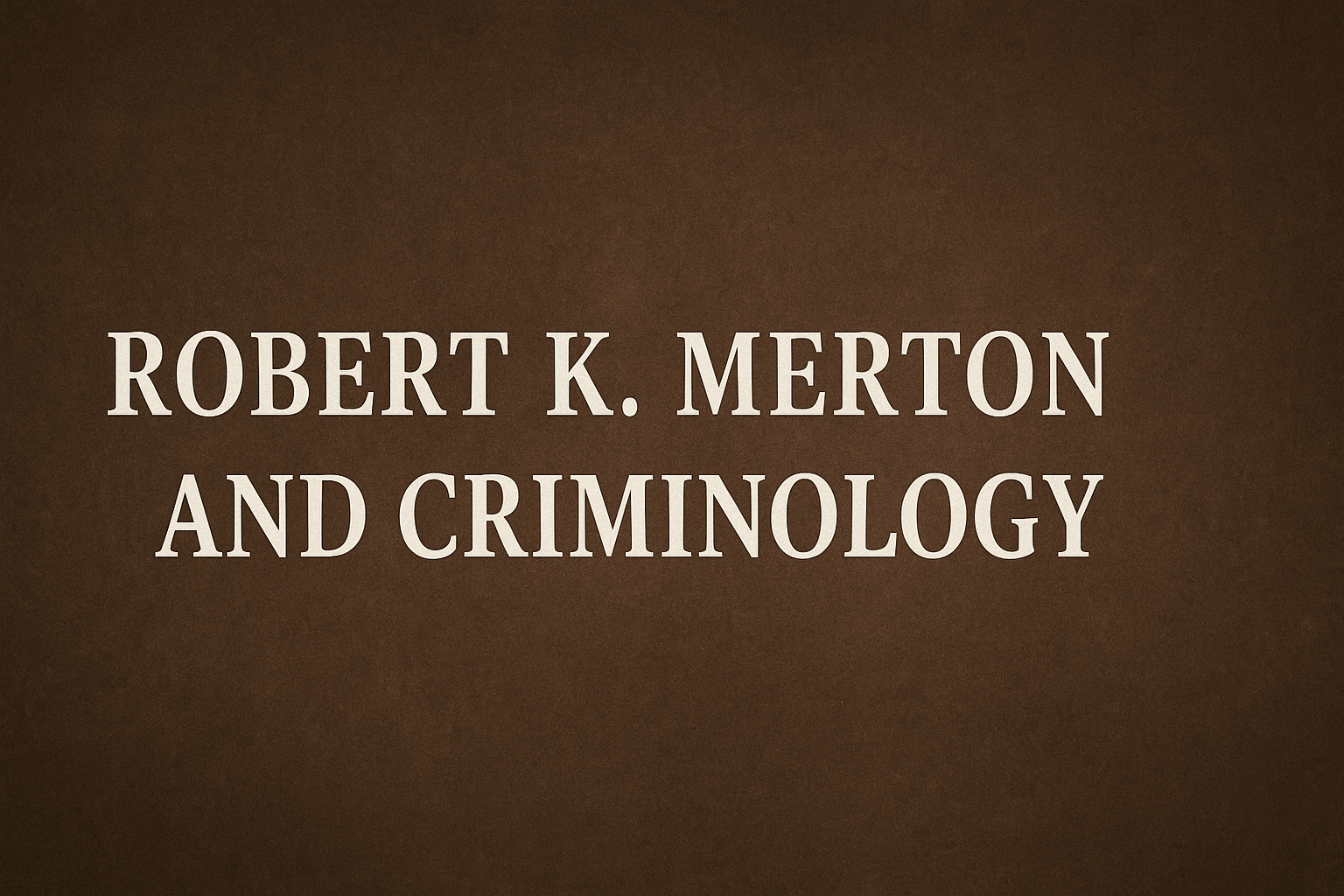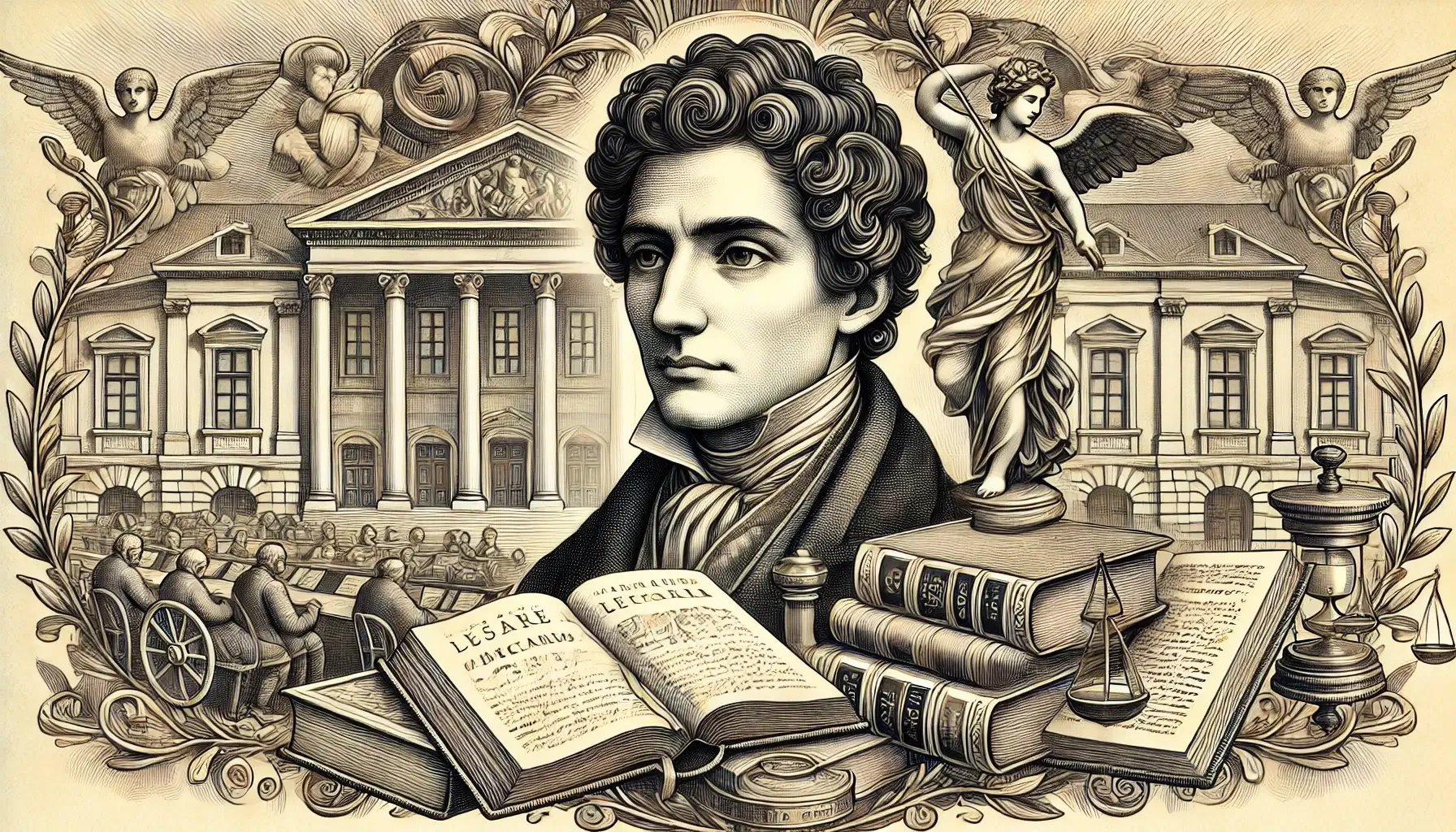Protective Psychology School in Criminology
Introduction Criminology, the scientific study of crime and criminal behavior, has evolved through the years by incorporating insights from various disciplines, including psychology. Among the many approaches in criminology, the Protective Psychology School stands out for its emphasis on preventive measures and understanding psychological factors that contribute to criminal behavior. This school of thought is … Read more

